WILLCOX, Ariz. — Lynda Reynolds dreamed of retiring in the Arizona countryside.
After living in the state for 32 years, she finally bought a house in the small town of Elfrida that had “million-dollar views” and farmland to grow crops.
A few years after moving in, in 1997, though, her well went dry. Like all homes in Cochise County, hers depended on underground water, so she took out a $15,000 loan to deepen her well. Seven years later, it went dry again, and she couldn’t afford to borrow the $35,000 to drill a new, deeper one.
“I saved all my life, I saved in the military, I saved as a teacher, I saved, and saved, and saved — that's the way I was brought up,” Reynolds, 73, said. “And I lost everything.”
She was forced to abandon her home, move back to Bisbee, a city 30 miles southwest where she had lived previously, and put her house on the market. Eleven years later, it’s still for sale, and she’s still paying off the loan on that dry well.
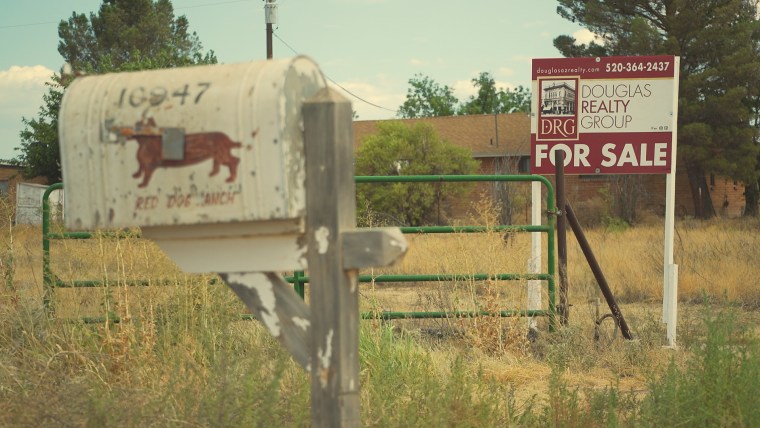
Over-pumping of groundwater has been a problem across rural Arizona for generations. Historically, as groundwater levels inched lower, wells like Reynolds’ went dry here and there.
But in certain areas, the groundwater is dropping faster than it has in decades, driven by a recent influx of corporate farms that are placing intense stress on the aquifer, experts say.
That’s set off a battle for water in this dry region, pitting some longtime residents and family farmers against big corporations. In this competition for a scarce natural resource, those who can afford to drill the deepest wells are the ones who get the water, while those who can’t are forced to abandon their property.
That’s what’s happening in Cochise County, in the southeastern part of the state, particularly the area around Willcox, a small city along I-10 that’s home to much of the county’s agriculture industry.
Near Willcox, there’s no surface water whatsoever, so homes, cities and farms all rely on pumping water from the aquifer. The cheap land here, paired with a four-season growing year and lax laws regulating water pumping, have drawn multiple major corporate farms to the area in the last 20 years, where they’ve competed with residents and existing farms for groundwater.
The largest of these industrial transplants is Riverview LLP, a dairy and beef conglomerate headquartered in Morris, Minnesota, which began buying land in Cochise County in 2014. Such large operations need to pump significant amounts of water to hydrate their cows and grow food for them.
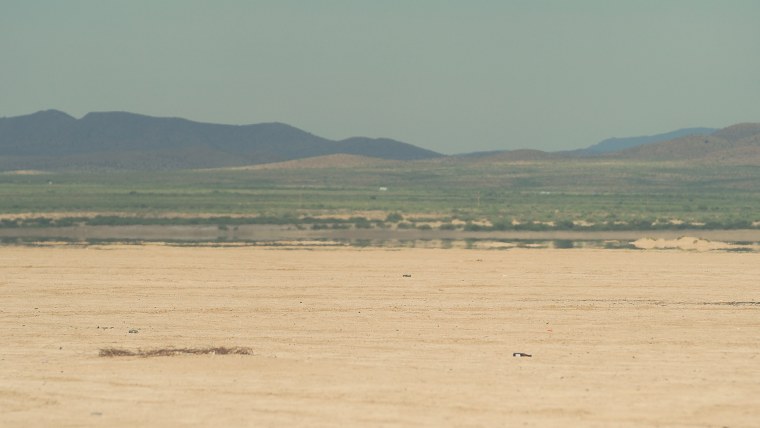
To ensure a constant stream of water, these farms have drilled deeper than wells in previous decades. Whereas 20 years ago, wells averaged about 270 feet, Riverview has drilled dozens of its wells deeper than 1,000 feet, according to the state’s well registry. Of the 92 wells drilled that deep in the Willcox Basin since 2015, 60 of them are Riverview’s. In that time, no other company drilled more than five, according to the registry.
These deeper wells that companies have drilled over the past several decades have essentially undercut existing well owners and pushed the entire water table down, 200 to 300 feet below 1950s levels, said Jeff Inwood, chief hydrologist at the Arizona Department of Water Resources.
“That trend is going to continue,” Inwood said. “These are large production wells, so they will have a major impact over time.”
Riverview defends its decision to set up operations in Willcox.
“We were aware of the water situation and did our due diligence of scoping out the area for sure,” Kevin Wulf, a Riverview community relations and education representative, said. “We're not here to build dairies, suck up all the water and leave in five years.”
Some residents and local political leaders welcome large farms like Riverview as significant tax contributors, offering an economic boon to the area.
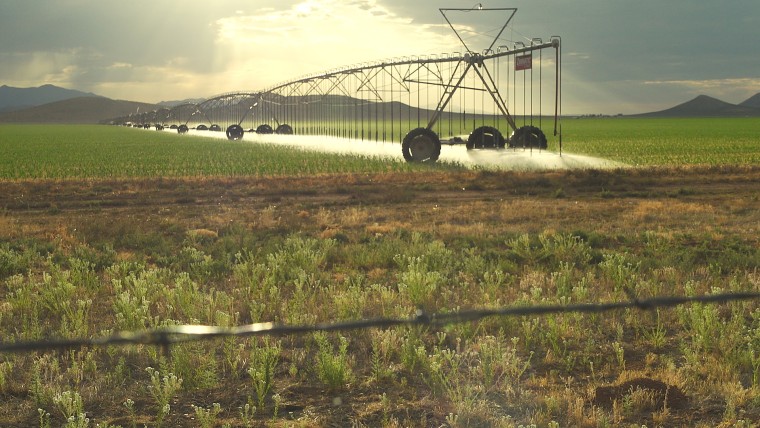
“What they've done is revitalized the agriculture community here,” Peggy Judd, the county supervisor who represents Willcox, said. “There are hundreds, literally thousands of people in this valley that appreciate them for what they are.”
But other residents see the corporate water drilling as greedy. Along with experts such as Inwood, they fear it’s only a matter of time before Riverview, and companies like them, pump the water beyond the reach of residents for good.
When the corporate farms came to town
Arizona’s groundwater law largely does not apply to rural areas like Willcox, which means that land is particularly attractive to large farms. Companies can pump as much water as they want; they don’t even have to monitor how much they use.
The lax water regulations have drawn an influx of corporate farms, including pecan growers such as Chase Farms and the National Pecan Company. But in the Willcox area, the new arrival that has alarmed some residents the most in recent years has been Riverview, particularly as the full scope of its plans came into view.
In 2012, Cochise County loosened its agricultural permitting regulations, making it easier to set up large cattle farms. Riverview arrived shortly afterward, in December 2014, and went on a land-buying spree.
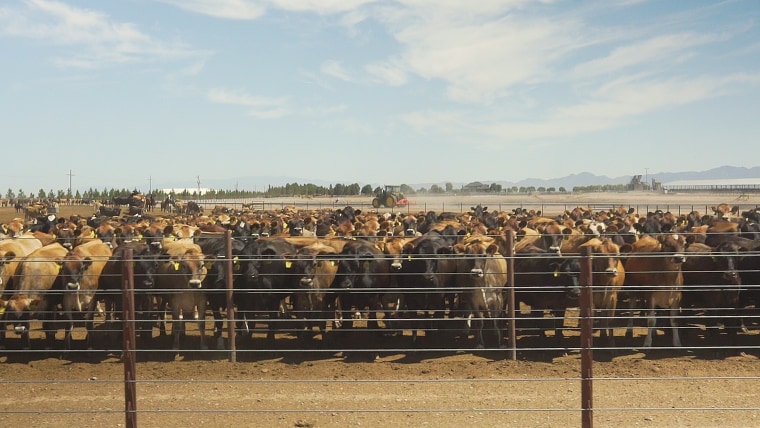
Riverview’s first purchase was an 8,000-cow dairy farm for $38 million. Since then, the company has bought at least 166 parcels of land in 59 separate transactions totalling at least $129 million, according to property records reviewed by NBC News. Riverview now owns 20,000 acres of farmland in Cochise County, according to the company.
In some cases, Riverview formed holding companies to execute the land deals. In February 2015, for example, Riverview CEO Gary Fehr set up a limited liability partnership called Mountain Vista Farms with a local farming family, and they purchased a $7.7 million property together. Mountain Vista Farms had the same corporate address as Riverview, and once the land was purchased, ownership was transferred to Riverview in December 2017, according to property and partnership public records.
Riverview declined to comment on the specifics of any land deals. “If anybody wants to come and see what we're doing, come and see what we're doing,” Wulf said. “We're happy to show people around, and we're happy to be transparent and answer questions that they have.”
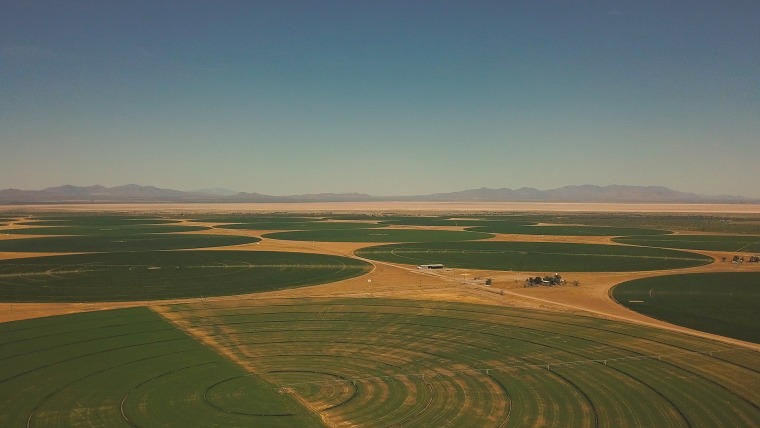
As Riverview grew, it drilled deeper wells on its new properties, and nearby residents began noticing their shallower wells drying up, six residents told NBC News. (The state does not comprehensively track reports of wells drying up, Inwood said.) That pattern, combined with what residents described as Riverview’s above-market offers for land purchases, left some holdouts feeling they had only one option — sell.
“The longer you stay, the less money you're probably likely to get,” said one resident, who spoke on the condition of anonymity for fear of losing his job and being ostracized if he criticized Riverview. “And they’re going to get it anyway,” he added of the company’s appetite for land. “Everything that they've done, they've done in mass amounts and with such speed and vigor that it's like a freight train.”
A battle over water regulation
As the water table drops, industrial operations like Riverview are forced to drill deeper in search of guaranteed water. The Willcox Basin sports 7,453 wells, according to the state well registry. Of those, only 368 are deeper than 900 feet — and Riverview owns 102 of them. The cost to drill a hole that deep can easily surpass $500,000, local drilling companies told NBC News.
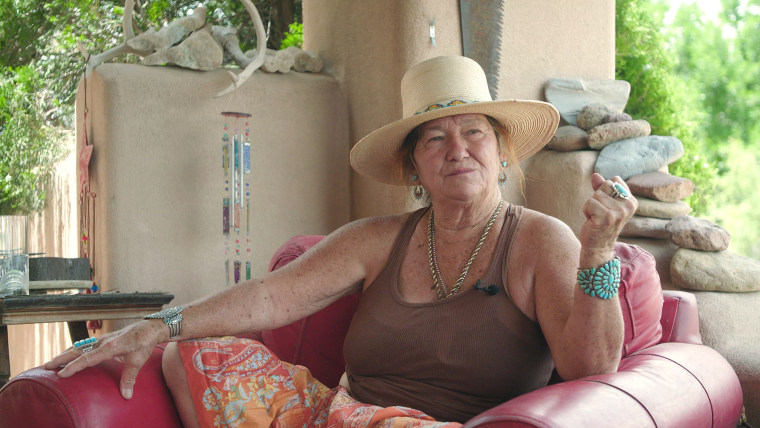
Victoria Sky, 70, is an artist and musician who lives a few miles from Riverview’s second dairy and heifer raising operation — Turkey Creek Dairy — which is set to open this month, according to the company. She said she’s terrified the company’s newly drilled wells could encroach on her property’s water supply.
“They could kill this place, literally,” Sky said. “This could sink me. It could. It's just the truth. I mean, the way things are going and they're not checked.“
Some residents and family farmers have asked the state for compulsory monitoring of wells and water pumping. Last year, the state Department of Water Resources proposed requiring that all wells pumping more than 35 gallons a minute monitor and report their water use.
But additional regulations have faced opposition from some agribusinesses and the Cattle Growers Association, a lobbying group, as well as elected officials including state Rep. Gail Griffin, a Republican who chairs the Natural Resources, Energy and Water Committee in the Arizona House of Representatives. Thomas Buschatzke, director of the Department of Water Resources, said he couldn’t convince the legislature to consider the water monitoring bill.
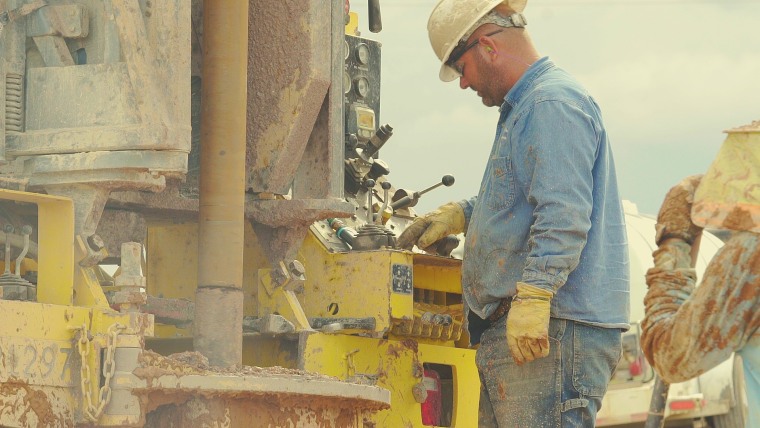
“We don’t think wells should be metered at all,” Gaither Martin, executive vice president of the Arizona Cattle Growers Association, said. “Our point of view is once it starts, where does it stop? It becomes like every other policy issue that becomes a slippery slope.”
Griffin’s office did not respond to requests for comment.
According to policy experts, that conflict is nothing new.
Kathy Ferris, former director of Arizona’s Department of Water Resources, has been pushing for regulations for 40 years. “And all that's happened in that 40 years is that the problems have worsened, but many of those same people, or they're the same kind of people, still want to believe there isn't a problem,” Ferris said.
Ferris fears companies like Riverview will “mine” the groundwater until it dries up.
Riverview contests that characterization. “We want to be here just as long term as everyone else does,” Wulf said. “So we want to make sure that we're doing the right thing by the water and using the water in a sustainable way.“
But some locals don’t trust the company’s pledges.
“They've just taken the water,” Reynolds, the Bisbee resident, said, “and when they use up the water, they'll be gone.“
